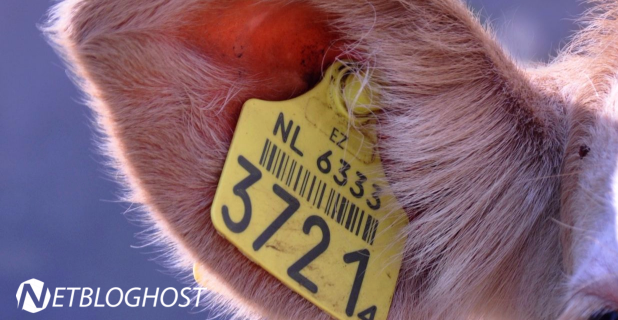A mainline denominational leader thanked me for a talk that I had just given at a multi-faith gathering. “I like everything you said,” he remarked. “There’s just one thing that bothers me. Why do you insist on the ‘evangelical’ label? In the narrow sense it denotes very reactionary thought and action. And in the broadest sense it is a label any Christian should want to own. Why do you act like you folks alone are ‘evangelical’?”
I pointed out to him that some of the other folks at our gathering belonged to a denomination called “the Disciples of Christ.” Has he ever complained to them about using a label that any Christian would want to own? And what about “Catholic”? I regularly say, in reciting the creeds, that I belong to the one “catholic church.” And, while we are at it, what about “Orthodox,” and even “Pentecostal”?
My questioner’s response: “Hm, good points. That gives me some things to think about.”
I could have said more. In the world of politics, Democrats are not against the very idea of a republic. Nor do Republicans oppose democracy. And I grew up being taught that the original Tea Party protest was an event in American history to be celebrated.
The point of all of this is not to insist that we ought to do away with our widespread labeling systems in religion and politics. Jonathan Edwards once remarked that he would continue to call himself a Calvinist as long as it succeeded in informing others that he was not an Arminian.
Labels help us to make important distinctions. In itself a group’s label may not communicate a teaching that is the exclusive property of that group; but it does say something about what, in its origins, the group meant to highlight, usually as what the group saw as a much-needed corrective. I believe in the power of Pentecost, but I do not emphasize the gifts of the Spirit in the ways most Pentecostals do. Many of my Catholic friends are delighted by many of the significant reforms that have occurred in their church since Vatican II, but they do not go around, as I do, making a big point about being Reformed.
The important question that we do need to ask about labels, of course, is whether they continue to communicate what they were originally intended to identify. In that regard, questions about the “evangelical” label are good ones to ask today. And while I take those questions seriously, I am firmly committed to sticking with that label as a means of self-identification. That’s what I told my questioner as our conversation continued. For me evangelical identity points to such things as a firm belief in the supreme authority of the Bible and the unique atoning work of Jesus Christ, as well as to the obligation to work actively in inviting people to enter into a personal relationship with the Savior. And furthermore, it means continuing to plead with others who own the label not to pile onto those important convictions a lot of additional baggage that does not do honor to a label that I continue to love.






























